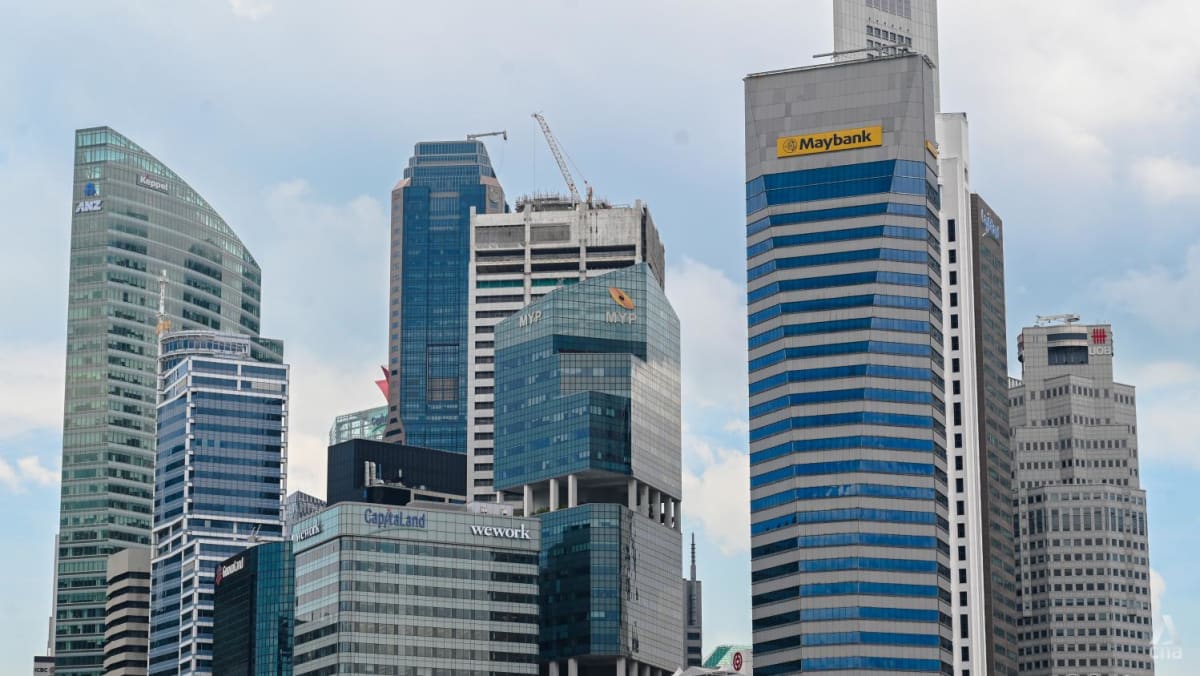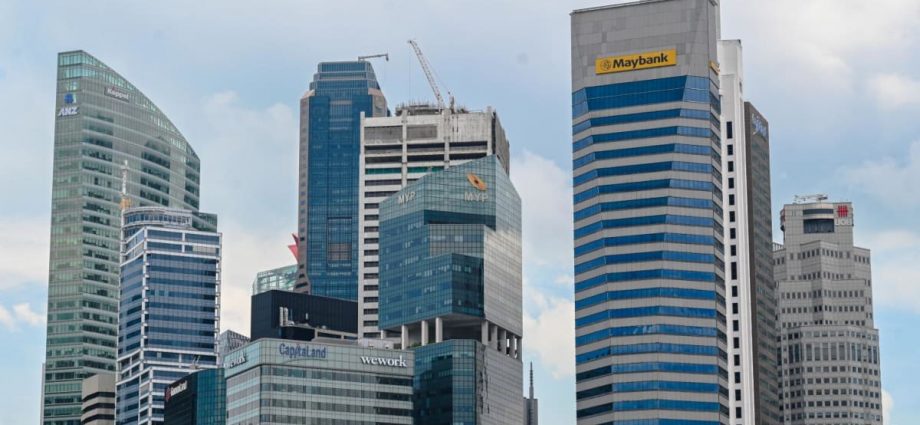
SINGAPORE: Ahead of the GST rate increase from 7 per cent to 8 per cent that will take place on Jan 1, 2023, the Inland Revenue Authority of Singapore (IRAS) on Friday (Dec 23) noted that some businesses have been observed to be increasing prices or service fees to account for the impending hike.
While these businesses have cited higher raw material and overhead costs, they have mainly attributed the increase to the future GST increase.
“Ahead of the increase in GST rate, the Government would like to remind businesses to be transparent in communicating the reasons for any price increases to consumers,” IRAS stated in its updated advisory.
“Businesses should explain the main reasons for the increases in price/fee increases, and not misrepresent the situation to consumers by attributing the price increases primarily or solely to the increase in GST.”
“The Committee Against Profiteering (CAP) takes a serious view of any unjustified price increases using the GST increase as an excuse, and will investigate all feedback on such cases,” it added.
The CAP, first announced by Deputy Prime Minister and Finance Minister Lawrence Wong in his Budget speech in February 2022, was reconvened on Mar 16 for its inaugural meeting.
“The Committee Against Profiteering is set up to address concerns about businesses using the GST increase as a reason to raise prices,” Chair of the committee, Minister of State for Trade and Industry Low Yen Ling, had said after the committee’s first meeting.
The committee will keep a “very close watch” on the prices of essential goods and services and will also review and investigate the feedback it receives on “unjustified” price increases, she added.
IRA is also urging businesses to “start preparation early for a smooth transition to the new GST rate”.
Businesses may need to modify their point-of-sale, invoicing, accounting and other systems, as well as their price displays to reflect the new GST rate, the authority noted.
GST STATUS QUO UNTIL JAN 1
In their advisory, IRAS stated that businesses should charge GST at the prevailing rate at the time of supply. This means that if they issue an invoice or receive payment for their goods and services before Jan 1 2023, they should charge GST at the prevailing rate of 7 per cent on the supply.
For supply on or after Jan 1, businesses should then charge GST at the new rate of 8 per cent, unless they have elected to charge GST at 7 per cent under the rate change transitional rules subject to the conditions for the election.
IRAS noted that businesses must also account for GST at 8 per cent in their GST return, regardless of whether they have collected the GST payments from their customers.
“The failure to account for GST on your supplies at the correct rate may attract penalties,” it stated.
“Being prepared for GST rate change will help you avoid such increases to your business and compliance costs.”
“This includes training your staff to be familiar with the rate change transitional rules and to apply the correct GST rate on your supplies spanning the change of rate,” it added.
COMMUNICATING PRICE INCREASES
Businesses must show GST-inclusive prices on all price displays to the public, except for hotels and food and beverage (F&B) establishments that impose service charge on their goods and services, IRAS reiterated.
With the GST rate change, prices that are quoted – whether written or verbal – with effect from Jan 1 must be inclusive of GST at 8 per cent.

